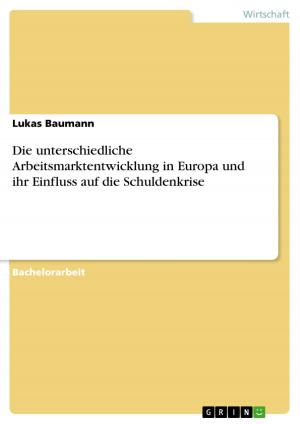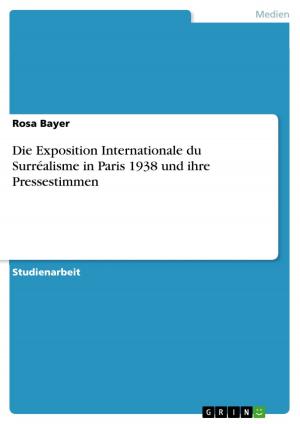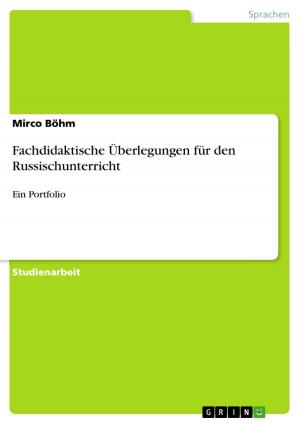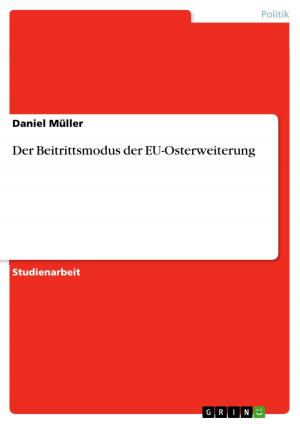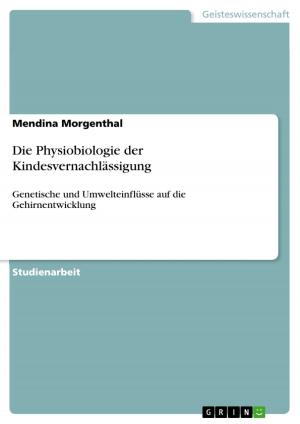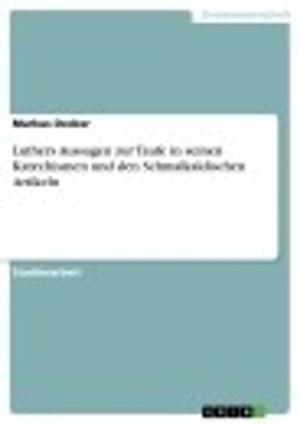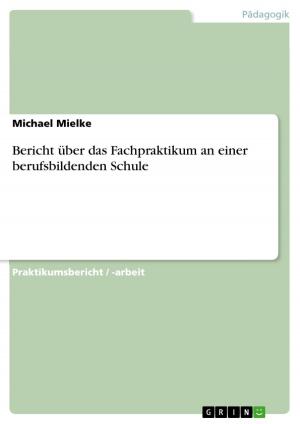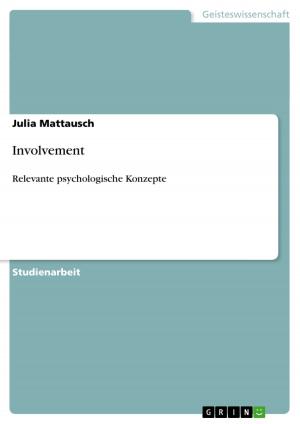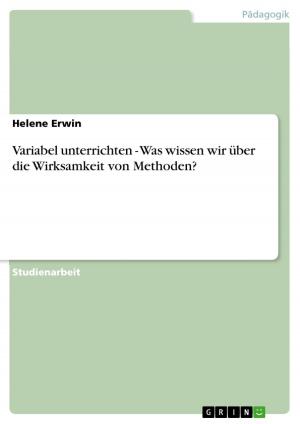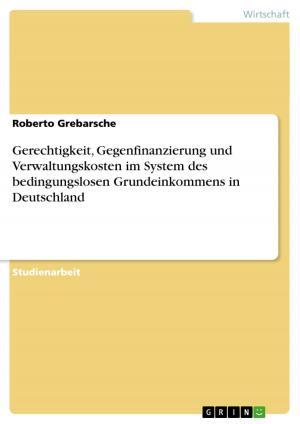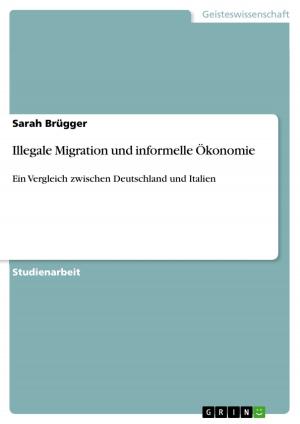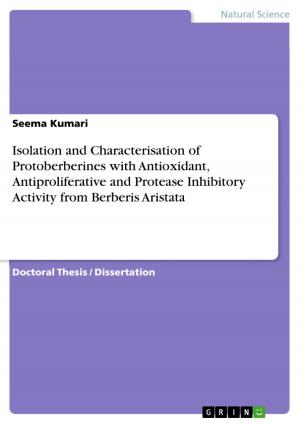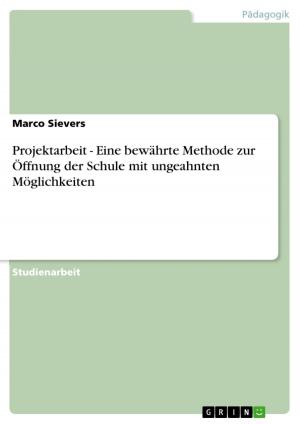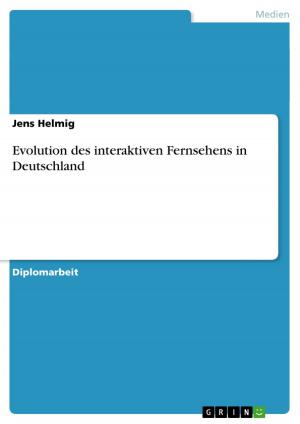Reasons and Barriers to Further Training in High-Technology Companies. Evaluation of Corporate Universities
Business & Finance, Management & Leadership, Management| Author: | Eva Maria Keiffenheim | ISBN: | 9783668621787 |
| Publisher: | GRIN Verlag | Publication: | January 25, 2018 |
| Imprint: | GRIN Verlag | Language: | English |
| Author: | Eva Maria Keiffenheim |
| ISBN: | 9783668621787 |
| Publisher: | GRIN Verlag |
| Publication: | January 25, 2018 |
| Imprint: | GRIN Verlag |
| Language: | English |
Bachelor Thesis from the year 2016 in the subject Business economics - Business Management, Corporate Governance, grade: 1,3, University of Frankfurt (Main), language: English, abstract: 'Education is no longer an asset achieved in youth that remains of constant value during a long and stable employment career without interruptions'. The problem of continuous acquisition of knowledge has been a key object of research in education and training policy in the Europe. Since the treaties of Maastricht and Amsterdam, the term 'lifelong learning' is directive in this context. In particular, the way continuous education is embedded in the work-related life course has been repeatedly investigated and analyzed in different supra- and international surveys. According to the adult education survey, participation in further training increased slightly during the last decade, indicating that in 2014, 59% of all German employees participated in further training, and 24% expressed the wish to participate. Increasing participation in activities associated with further training may have a positive impact not only on individuals but also on the social and economical development of the whole society. Therefore, the question of how to increase participation in continuous vocational training arises. Different sources predict that more and more companies will consider further training an investment in improved worker performance and economic productivity. Especially against the background of demographic and technological developments, including labor and skill shortages, training the company's human capital becomes significant. In this regard, the question of how to measure the sustainability of methods constitutes an area of research. Here, the concept of 'Corporate University' seems to be worth evaluating because it combines different training methods. CU 'interconnects personnel and corporate development and integrates learning process in corporate strategy'. By conducting and analyzing qualitative interviews, the goal of this thesis is to examine whether CUs might be suitable for increasing further training participation. Moreover, reasons for and barriers to further training in a high-technology company shall be identified. Not least, the evaluated executives might be sensitized to improve their companies' offer for further training.
Bachelor Thesis from the year 2016 in the subject Business economics - Business Management, Corporate Governance, grade: 1,3, University of Frankfurt (Main), language: English, abstract: 'Education is no longer an asset achieved in youth that remains of constant value during a long and stable employment career without interruptions'. The problem of continuous acquisition of knowledge has been a key object of research in education and training policy in the Europe. Since the treaties of Maastricht and Amsterdam, the term 'lifelong learning' is directive in this context. In particular, the way continuous education is embedded in the work-related life course has been repeatedly investigated and analyzed in different supra- and international surveys. According to the adult education survey, participation in further training increased slightly during the last decade, indicating that in 2014, 59% of all German employees participated in further training, and 24% expressed the wish to participate. Increasing participation in activities associated with further training may have a positive impact not only on individuals but also on the social and economical development of the whole society. Therefore, the question of how to increase participation in continuous vocational training arises. Different sources predict that more and more companies will consider further training an investment in improved worker performance and economic productivity. Especially against the background of demographic and technological developments, including labor and skill shortages, training the company's human capital becomes significant. In this regard, the question of how to measure the sustainability of methods constitutes an area of research. Here, the concept of 'Corporate University' seems to be worth evaluating because it combines different training methods. CU 'interconnects personnel and corporate development and integrates learning process in corporate strategy'. By conducting and analyzing qualitative interviews, the goal of this thesis is to examine whether CUs might be suitable for increasing further training participation. Moreover, reasons for and barriers to further training in a high-technology company shall be identified. Not least, the evaluated executives might be sensitized to improve their companies' offer for further training.

